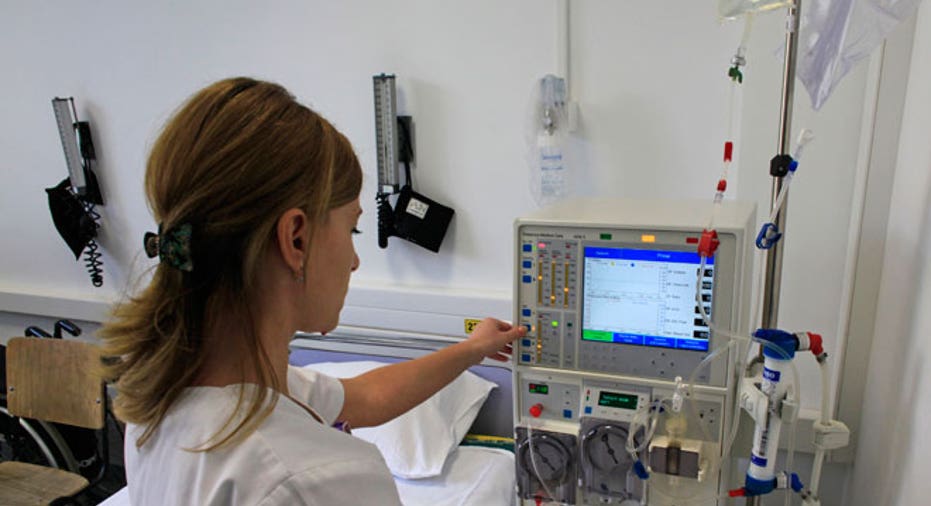How Unpaid Medical Debts Affect Credit Scores

Dear Opening Credits,
A hospital made a mistake and put hospital bills into my name while I am still under 21 and they went into collections and I was unaware. It dropped my credit score from 720 to 600!!! I got the collections notices out of my name since I am still under 21. Now what happens to my credit score!? Will it go up at all! Im really having a hard time with this. I do not want bad credit!
- Cara
Dear Cara,
It appears that you're unclear on maturity dates: 21 is the age you can legally drink alcohol in this country, not when you can be responsible for a bill. That prestigious marker is 18. Which means that if you received medical treatment at that age, and no one else promised the hospital that they would cover the charges, no error was made.
Ideally, you would have handled this situation before the hospital sent the unpaid bills to collections. They might have been willing to cut you a deal, which would have saved you not just money but your credit as well. Surely you received a series of statements that outlined any procedures, tests, medications and gear (such as crutches) that you were given, and the amount to pay. I know it can be confusing, especially if an insurance company is involved, and bills will fly back and forth. But at some point, a health care provider's normal procedure is to send reminder notices that you really, really owe them money.
When, after some months, they didn't hear back, they had to get rid of the balance. The hospital sold the debt to a third-party debt collector for a fraction of the cost (which potentially could have been your discount!) and now you owe the collection agency the entire sum.
Before the account was charged off, your credit reports were unaffected by your debt. Health care professionals rarely report to the credit reporting agencies, but collectors usually do. So when they became the proud owners of your debt, they announced it to the agencies -- and named you as the debtor, crashing your credit.
As you may know, the financial information on credit reports is used to create credit scores. That those numbers took such a dive is no surprise. The most important category in a FICO score is payment history, and collection activity is a clear indication of nonpayment. The second most important category is utilization, which boils down to how much you owe in relation to how much you can borrow. A big, sudden debt will easily knock a good score down to a poor one.
You have a few ways of dealing with this problem:
- Pay the entire balance. Though the fact that the bill went to a collection agency will remain, your credit report will show a zero debt, causing your scores to rise.
- Offer a settlement. The collection agency may accept a lesser amount. Lenders and anyone else pulling your report will see that you paid less than the actual amount due, but your scores will increase the same as if you had paid in full.
- Beg for a payment plan. Communicate with the collector and ask (please, pretty please) that they accept installment payments based on what you can afford. They won't report the declining balance, but when you've deleted it, your credit report will show that you did.
- Ignore it. If you have no assets now and probably never will, you may choose to do nothing. They can sue you, but if there's nothing to take, who cares? As the debt ages, it will decline in importance. After seven years, it will no longer be on the reports at all, so will cease to damage your scores.
Whatever option you chose, you can also increase your credit scores by adding positive activity to your reports. If you have a credit card, just use it responsibly. That means charging with it but not carrying over a balance and paying on time, for many months. It won't eliminate the damage done before, but it will certainly help. You're an adult, Cara. Time to face your credit difficulties and learn from past mistakes.
See related: Learn your options when dealing with medical debt, Getting rid of old medical debt



















